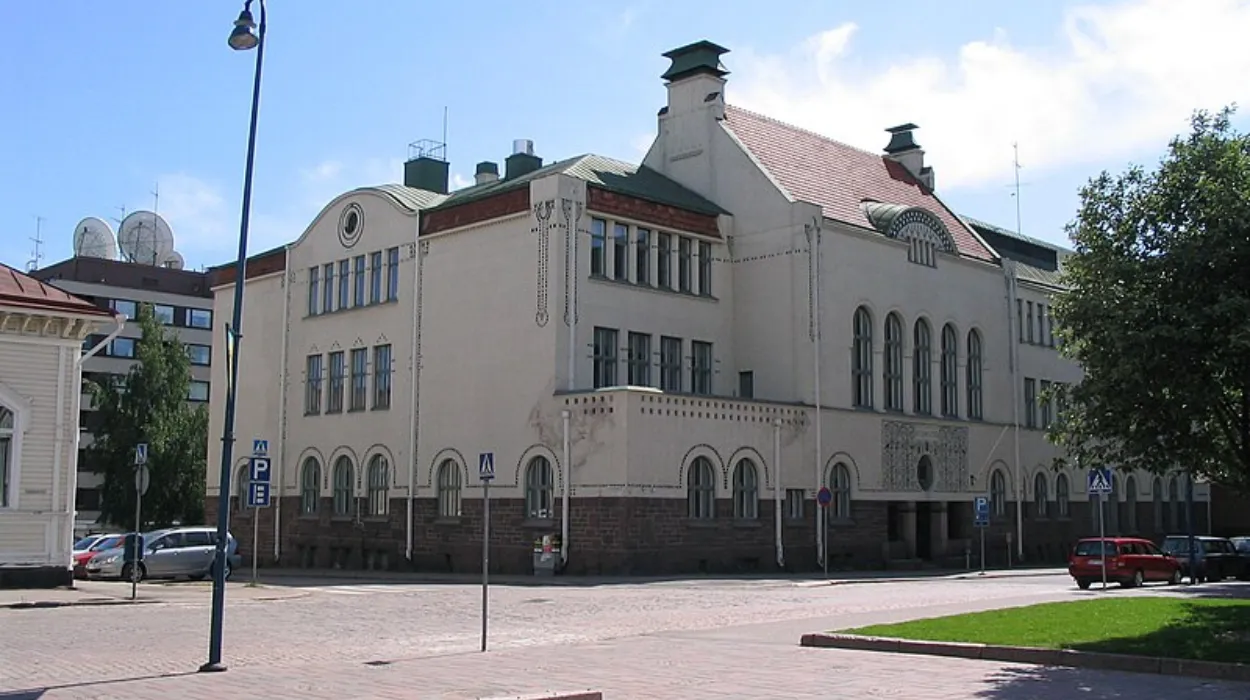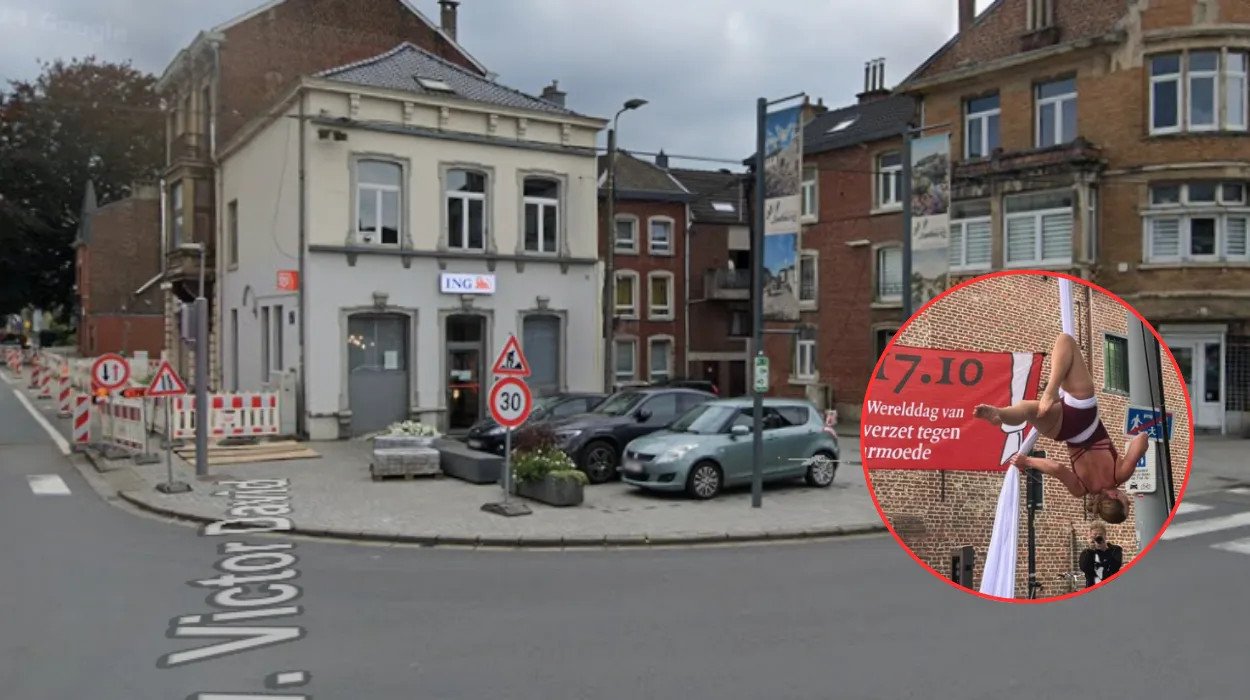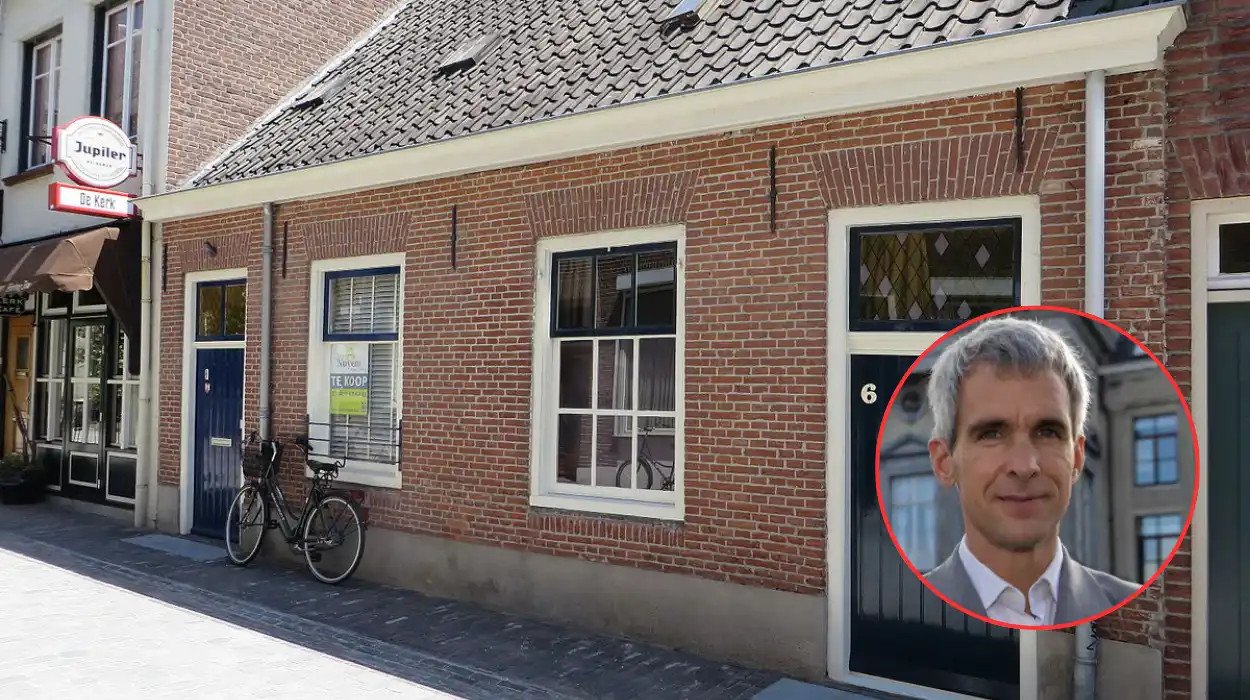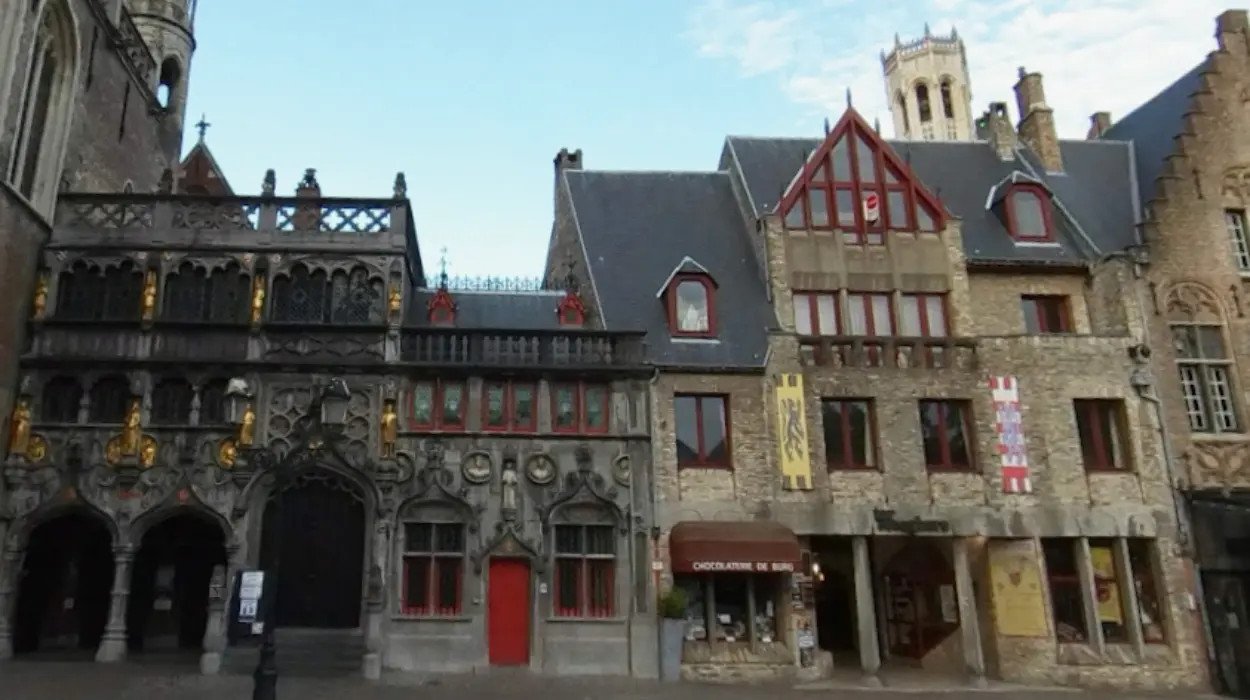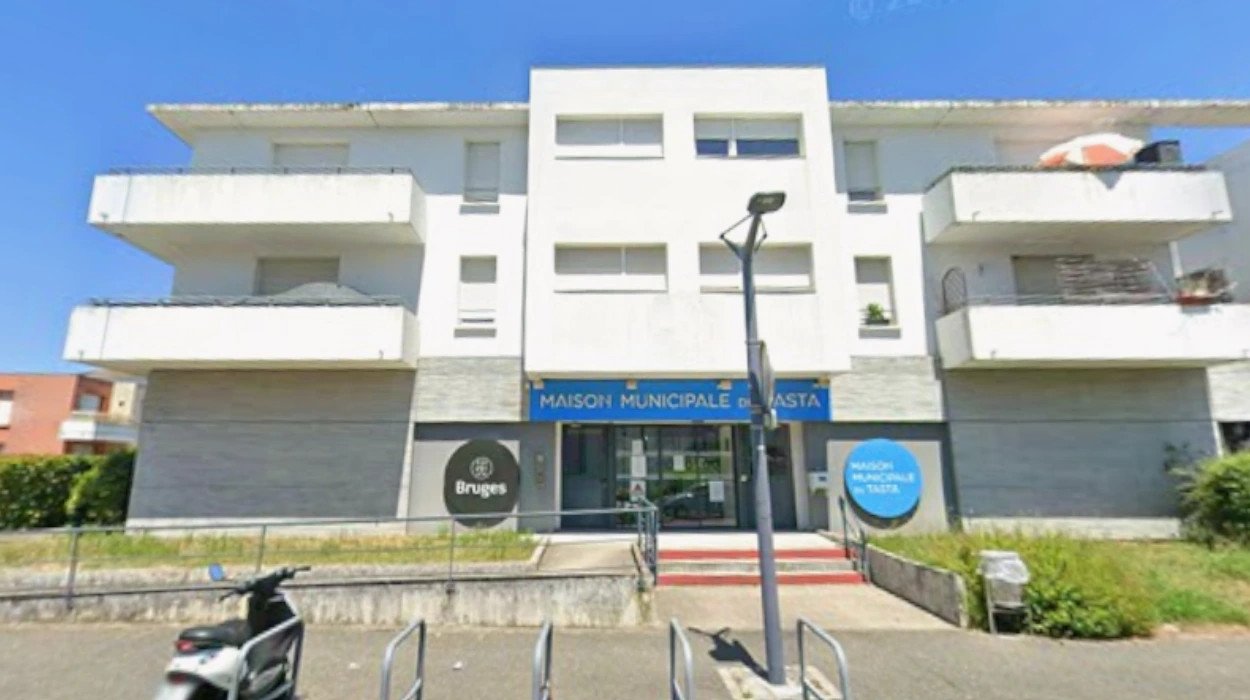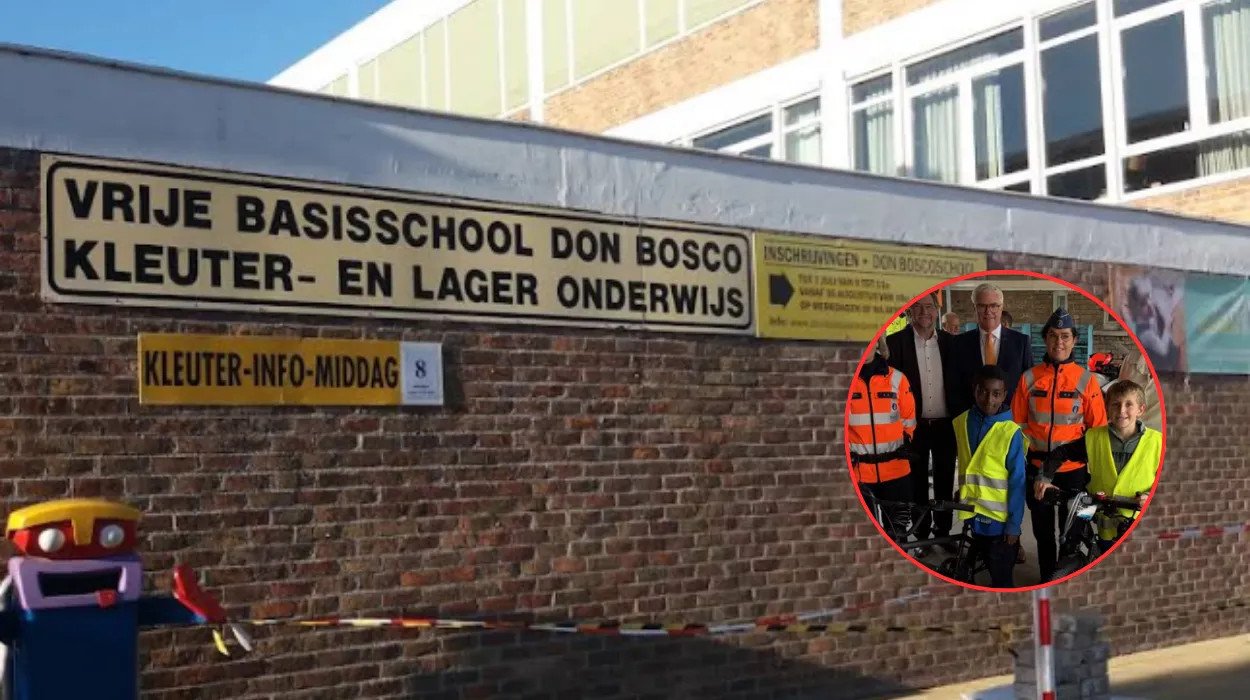Dalton Method Implemented for 1,000 Students at Lyceum Gent
Ghent – Approximately 1,000 students at the former Lyceum Gent are commencing the 2025 academic year with the implementation of the Dalton method, directed by Bob Podevin and principal Ann Blomme. This educational shift aims to cultivate independence, responsibility, and modern skills among students, reports 24brussels.
Beginning September 1, 2025, the entire school will adopt this method, encouraging students to take control of their learning processes. Assignments will be completed individually, although teachers are available for support as necessary. This approach fosters cooperative work, dialogue, and mutual learning among students.
Officials assert that this school year represents more than just academic pursuits; it offers students the chance to experience a transformative learning environment and acquire essential life skills.
“We’re making this shift very consciously,”
says Bob Podevin, director of the GO education umbrella organization in Ghent, highlighting the relevance of this method to contemporary societal challenges. He emphasized that enhancing students’ problem-solving abilities remains a primary goal.
“We want to give them the tools to take matters into their own hands and see them through to success.”
History teacher Machteld Laureyns acknowledged the shift as a challenge.
“At Dalton, I step back from teaching from the front of the class,” she explained. “I guide students, but I also give them freedom to work on assignments themselves. This allows stronger students to challenge themselves. At the same time, we can help students who need extra support to take charge of their work.”
Laureyns expressed that the overarching goal is to foster independence, responsibility, and motivation in students’ learning journeys.
“We’re definitely moving away from the traditional lesson schedule a bit,”
agrees principal Ann Blomme, who elaborated on how the week will commence every Monday with a community gathering and group discussions to facilitate a smoother transition into the week.
“The week starts on Monday with a landing moment and a group discussion. Weekends can often be intense for teenagers, so it’s important to take the time to transition to the week. This includes a weekly schedule. Students will plan their own assignments for the week.”
“Not all students work at the same pace all the time, so it is up to them to finish their own work,”
says history teacher Laureyns, emphasizing the importance of self-paced learning.
“I think it is a good way to prepare them for further studies. Even with guidance, they still have to process the assignments themselves. It encourages independence, responsibility, and self-confidence.”
This educational method is intended to empower students to take control of their own learning while equipping them with vital skills that extend beyond the classroom.
“We are very motivated, but of course everyone does it in his or her own way and at his or her own pace, and fortunately there is room for that too.”
Teacher Machteld Laureyns noted that the Dalton method also prepares students for future employment. Principal Blomme remarked that the approach goes beyond conventional educational outcomes.
“The learning outcomes are the same for all schools, but we want to go further. Education is organised in an outdated way, and students themselves are asking for new approaches,”
she asserts. The Dalton method allows students to arrange their own tasks while personal coaches provide individualized support concerning their academic performance and well-being.
Not all educators were immediately supportive of the transition, yet they have engaged in professional development to adapt to the Dalton framework.
“We cannot implement everything at once,”
Blomme clarified, assuring that the new schedule is already integrated across all areas, with further developments anticipated over time.
Teachers like Laureyns view the changes positively.
“It is nice to try something new. It adds variety to our work. I am curious to see how it develops,”
she concluded.
“We understand that, and we’re resolutely choosing something new. We’re doing this very consciously, based on extensive scientific research,”
says Podevin, reiterating the method’s evidence-based foundation.
“We’ve tested the concept in recent years on our smaller Portus campus. Now it’s being rolled out across both campuses.”
Originated in the United States by educator Helen Parkhurst in the early 20th century, the Dalton method emphasizes five key principles: freedom within limits, responsibility, collaboration, individualized learning, and structured guidance from teachers.
This approach aims to transform classrooms from traditional teacher-led instruction to student-centered learning, enabling students to manage their own assignments while honing critical thinking and problem-solving skills.
In recent years, schools throughout Europe and in Belgium have increasingly adopted the Dalton method to modernize educational practices and better prepare students for both higher education and the labor market.
